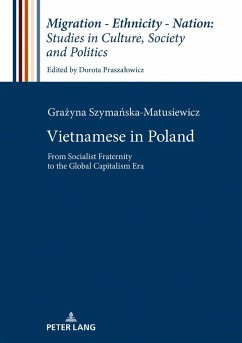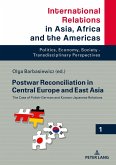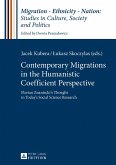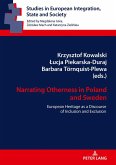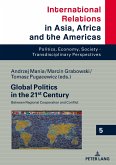The world order that emerged after the Second World War resulted in the formation of rather unexpected connections between Poland and Vietnam, two middle-sized countries located on opposite sides of the globe. The mobility induced by "socialist fraternity" student exchange programs resulted in the emergence of the largest non-European migrant community in Poland already after the collapse of the Soviet Bloc. Basing on multi-sited anthropological fieldwork conducted in Poland, Vietnam, and the Internet, the author provides nuanced picture of Vietnamese migrant community, focusing on evolution of resources transferred by the migrants during particular periods of history. The main question posed in the book is the durability of Cold War era patterns of human mobility in the current era of "global capitalism".

